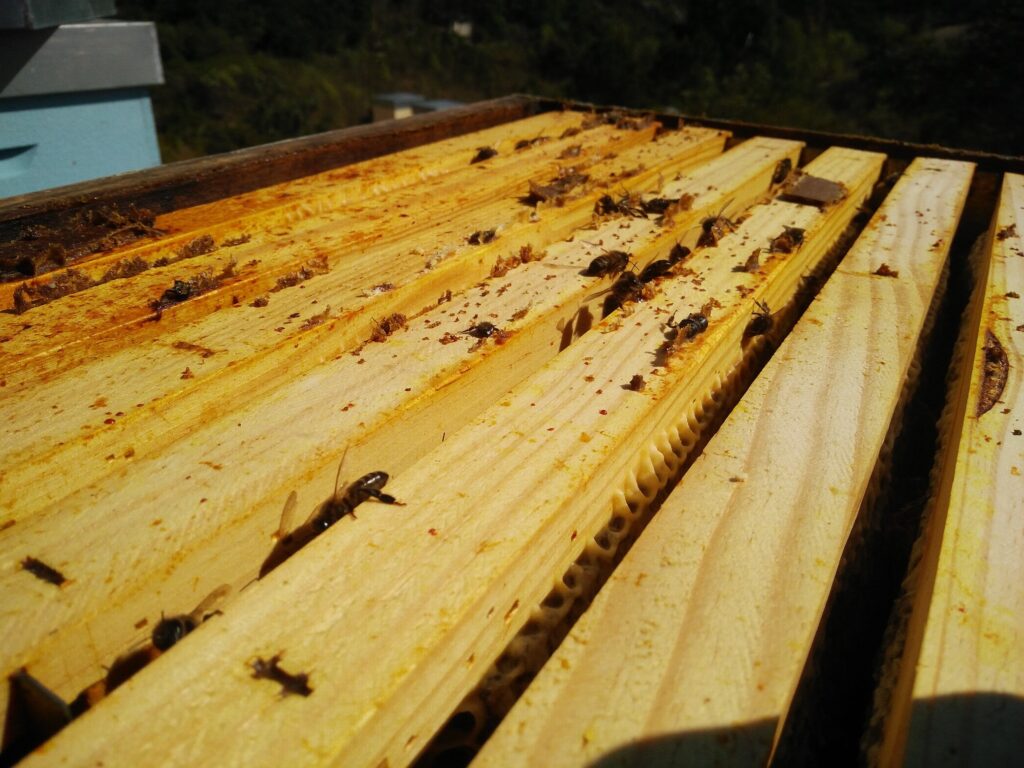A team from the School of Sciences of the University of Minho (UMinho) is studying a way to delay microbial contamination and post-harvest ripening of the fruit. The results are promising.
This is possible through propolis, a biological resin created by bees to protect their hives and used in the pharmaceutical, cosmetic, hygiene and oral health industries, mainly for its antimicrobial and antioxidant properties.
The study shows that it may be possible to mitigate the onset of diseases and/or delay microbial decay in apples, pears and cherry tomatoes, but also the natural degradation during storage and commercialization using this biological product.
In the case of fruit diseases caused by phytopathogenic microorganisms, this slowing process may involve spraying the trees, but the scientists also tested propolis-based solutions after the fruit was harvested. With this, a reduction in the advancement of induced infection foci was observed.
In Portugal, the study on the potential of propolis in the agri-food area is limited. Therefore, this investigation represents an important step towards its valorization in the sector, from the outset making this information reach beekeepers and farmers.
«Despite the growing interest in natural products, the properties of other products from the hive are relatively unknown to Portuguese beekeepers, which means that propolis has been undervalued in our country. On the other hand, the tight quality requirements and high quantities required by the pharmaceutical industry can discourage beekeepers given the estimated production: 500g of propolis per hive and per year», explain the researchers.
In addition, the use of propolis has some advantages for biodiversity and the environment, since it can lead to a decrease in the use of pesticides and fungicides, but it can also represent an advance against food waste.
This study was conducted by Cristina Almeida Aguiar, Ana Cunha, Leonor Tunes Pereira, Ana Beatriz Carneiro and Lucas Falcão Peixoto, researchers at the Center for Molecular and Environmental Biology (CBMA) at the UMinho School of Science.





















Comments